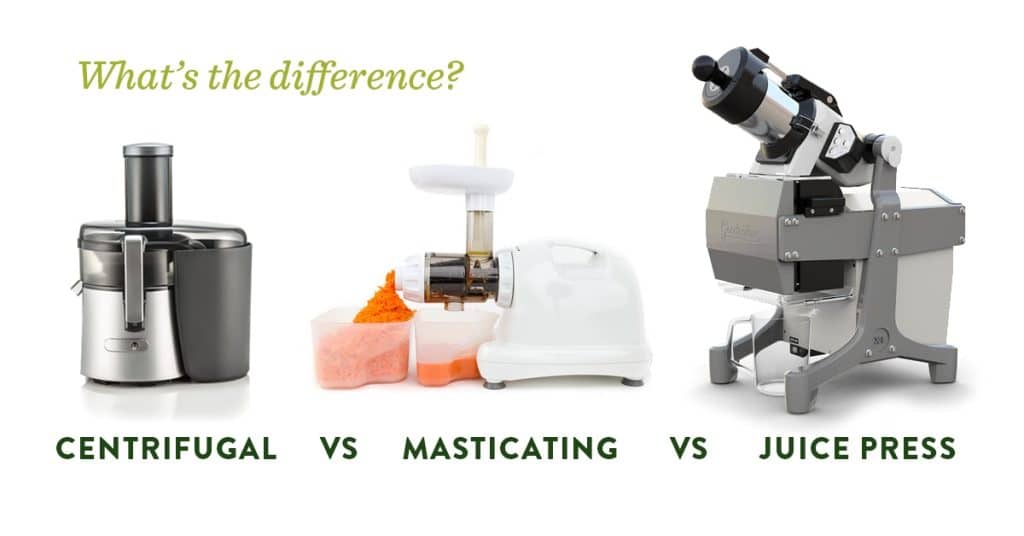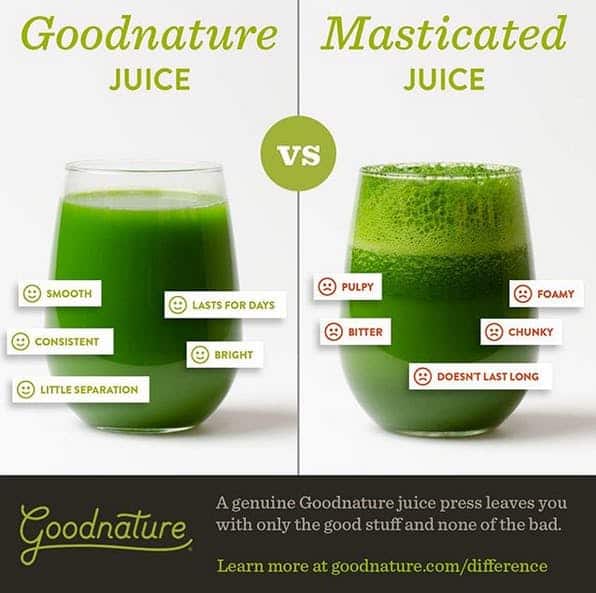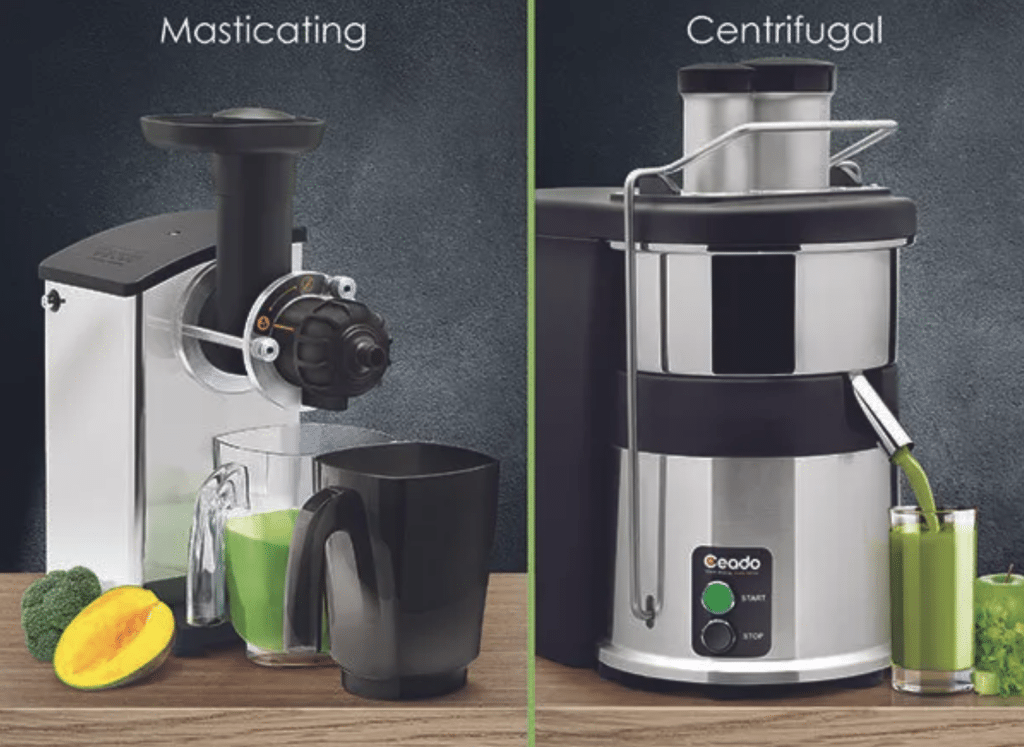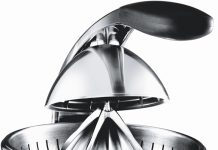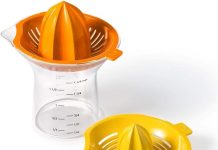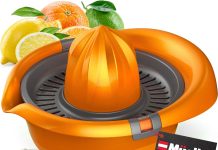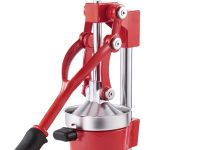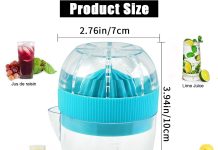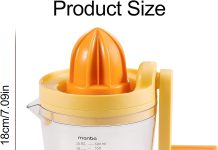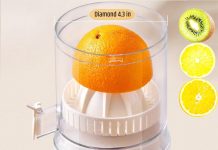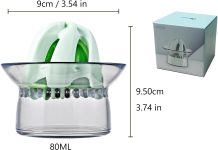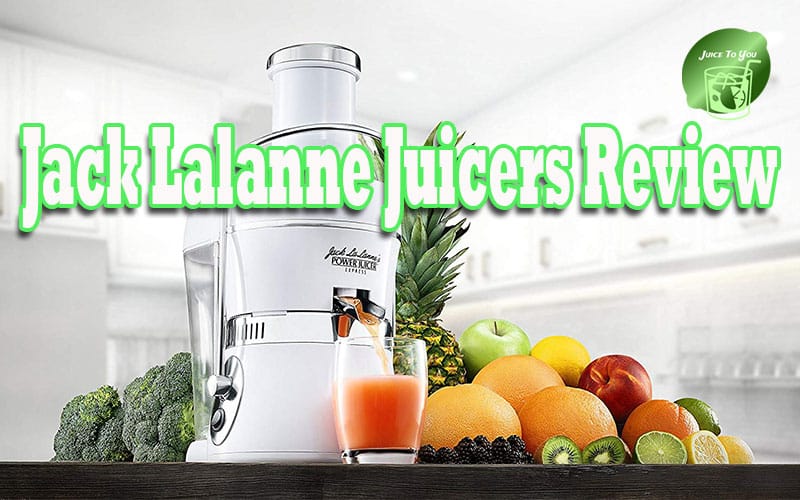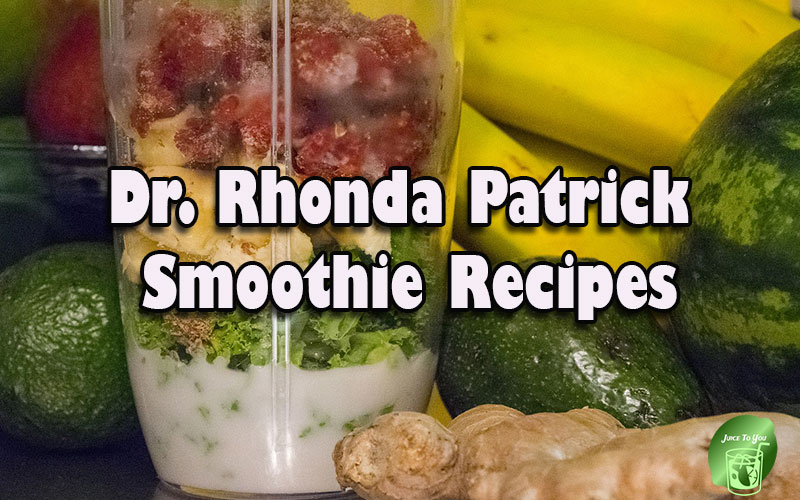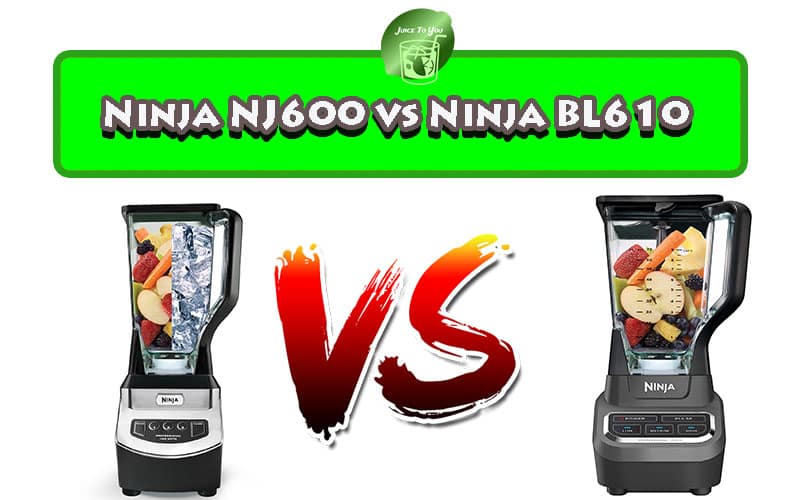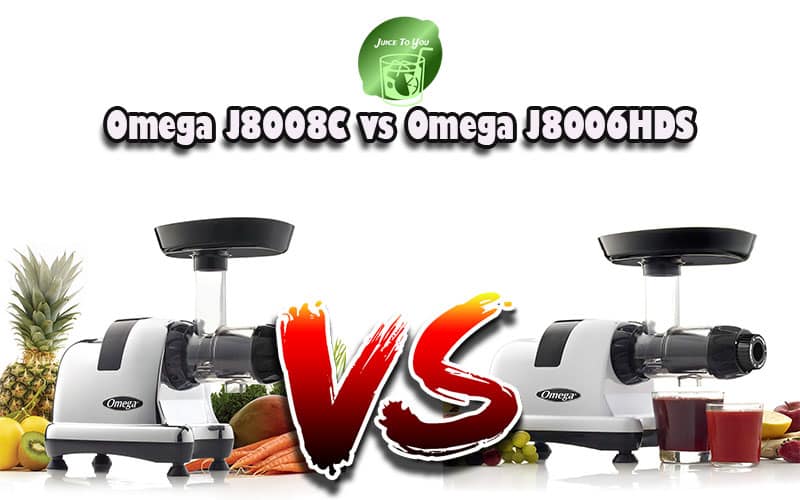In the world of juicing, there are two main types of juicers that take center stage: centrifugal juicers and masticating juicers. But what sets these two apart? That’s the question we’re here to answer. Join us on a journey through the wonderful world of juicing as we explore the differences between centrifugal juicers and masticating juicers, helping you make an informed decision on which one suits your juicing needs best. Get ready to discover the key distinctions that make these juicers unique and find out which one will bring that fresh, delicious juice to your kitchen.
Review contents
Centrifugal Juicers
Design
Centrifugal juicers are designed with a simple yet efficient mechanism. They typically have a large feeding tube at the top where fruits and vegetables can be inserted. The internal components consist of a sharp blade that spins at a high speed to grind the produce into a pulp. This pulp is then pushed against a mesh screen using centrifugal force, separating the juice from the pulp.
Operation
Centrifugal juicers operate using a fast and powerful spinning mechanism. When fruits or vegetables are fed into the juicer through the large feeding tube, the high-speed rotating blade chops the produce into tiny pieces. The centrifugal force then pushes the pulp against the mesh screen, extracting the juice and allowing it to flow into a separate container.
Speed
One of the key advantages of centrifugal juicers is their incredible speed. The spinning blade in these juicers can reach an impressive speed, allowing for quick extraction of juice. This is particularly useful when you’re in a rush or have limited time to make your favorite juice.
Noise Level
While centrifugal juicers are known for their speed, they might not be the quietest option. Due to the high-speed motor and spinning blade, centrifugal juicers tend to produce a significant amount of noise during operation. However, the noise level may vary depending on the model and brand.
Efficiency
Centrifugal juicers are highly efficient when it comes to extracting juice from fruits and vegetables. The fast-spinning blade and centrifugal force can extract juice quickly, making them a popular choice for those who value convenience and speed. However, it’s worth noting that some juice pulp may still remain slightly moist, indicating a small amount of wasted juice.
Juice Quality
The juice produced by centrifugal juicers is typically of good quality, with a smooth consistency and vibrant color. However, due to the high-speed rotation involved, the juice may be exposed to some heat and oxidation, which could slightly affect its nutrient content and shelf life. Nonetheless, the juice produced by centrifugal juicers is still a nutritious option for daily consumption.
Masticating Juicers
Design
Masticating juicers, also known as slow juicers or cold press juicers, feature a more intricate design compared to centrifugal juicers. They consist of a single auger or gear that crushes and squeezes the produce to extract the juice. The auger rotates at a much slower speed, enabling a gentle and thorough extraction process.
Operation
Masticating juicers operate by grinding and pressing the fruits and vegetables slowly. The auger in the juicer applies gentle pressure to crush the produce, effectively extracting the juice. Unlike centrifugal juicers, masticating juicers are designed to minimize heat and oxidation, helping to preserve the natural flavors and nutrients of the juice.
Speed
Compared to centrifugal juicers, masticating juicers work at a significantly slower speed. The slower rotation of the auger allows for a more thorough extraction process, resulting in higher juice yield and less waste. While the slower speed may require more time for juicing, it is well worth the wait for those who value maximum juice extraction.
Noise Level
One of the advantages of masticating juicers is their relatively quiet operation. Since they work at a slow and steady pace, masticating juicers generate minimal noise. This makes them a great option for those who prefer a peaceful juicing experience without disturbing their surroundings.
Efficiency
Masticating juicers are known for their exceptional efficiency in extracting juice from various fruits and vegetables. The slow and thorough extraction process ensures maximum juice yield, leaving behind a significantly drier pulp. This efficiency not only reduces waste but also allows you to make the most out of your fruits and vegetables.
Juice Quality
When it comes to quality, masticating juicers excel in preserving the natural flavors, nutrients, and enzymes of the juice. The slow grinding and pressing action prevent heat buildup and minimize oxidation, resulting in fresh and vibrant juice. Masticating juicers are widely regarded as an excellent choice for obtaining high-quality, nutrient-rich juice.
Features Comparison
Design
When comparing the design of centrifugal and masticating juicers, it is clear that they have distinct differences. Centrifugal juicers often have a larger, more compact design with a wide feeding tube, allowing for quick and easy juicing. On the other hand, masticating juicers tend to have a more elongated shape and a narrower feeding chute, requiring smaller pieces of produce and a slightly slower feeding process.
Operation
The operation of centrifugal and masticating juicers differs significantly in terms of speed and extraction method. Centrifugal juicers work at high speeds, quickly grinding and extracting juice through centrifugal force. Masticating juicers, on the other hand, operate at a slower pace, gently crushing and squeezing the produce to extract the juice. This slower process ensures a more thorough extraction and preserves the juice’s quality.
Speed
In terms of speed, centrifugal juicers have a clear advantage. They are designed to work at high speeds, allowing for rapid juice extraction. Masticating juicers, on the other hand, have a slower operation due to their gentle extraction process. While this slower speed may require more time, it ultimately contributes to higher juice yield and superior quality.
Noise Level
Centrifugal juicers generally produce more noise during operation due to their high-speed spinning mechanisms. Masticating juicers, in contrast, are significantly quieter due to their slow and steady operation. If noise level is a concern for you, masticating juicers offer a more peaceful juicing experience.
Efficiency
Both centrifugal and masticating juicers are efficient in their own ways. Centrifugal juicers excel in speed and convenience, allowing for quick juice extraction. On the other hand, masticating juicers prioritize maximum juice yield and nutrient preservation. The slower and more thorough extraction process of masticating juicers ensures that every drop of juice is extracted, resulting in less waste and more nutritious juice.
Juice Quality
While both types of juicers produce good-quality juice, the juice quality differs in terms of freshness, nutrient content, and oxidation. Centrifugal juicers may expose the juice to more heat and oxidation due to their high-speed operation. Masticating juicers, by contrast, minimize heat buildup and oxidation, producing juice that retains more nutrients and has a longer shelf life. If preserving the highest quality juice is a priority, masticating juicers are the way to go.
In conclusion, both centrifugal and masticating juicers have their own unique features and benefits. Centrifugal juicers are known for their speed and convenience, making them perfect for those who value a quick juicing experience. Masticating juicers, on the other hand, prioritize maximum juice extraction, superior nutrient preservation, and quiet operation. Ultimately, the choice between the two depends on individual preferences, priorities, and the specific needs of each juicing enthusiast.


